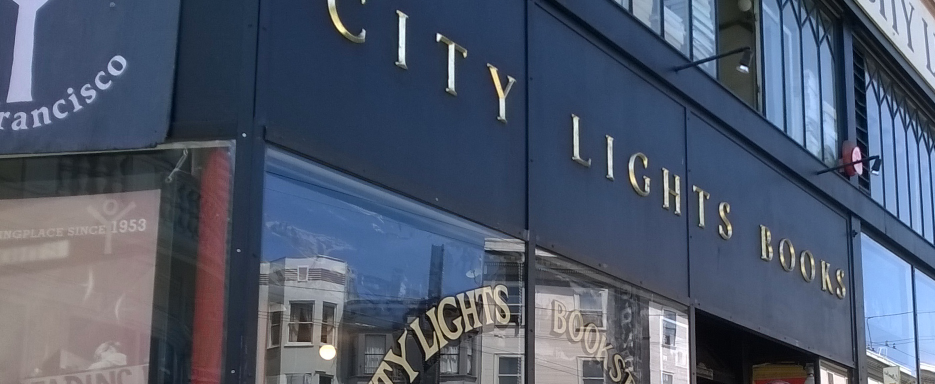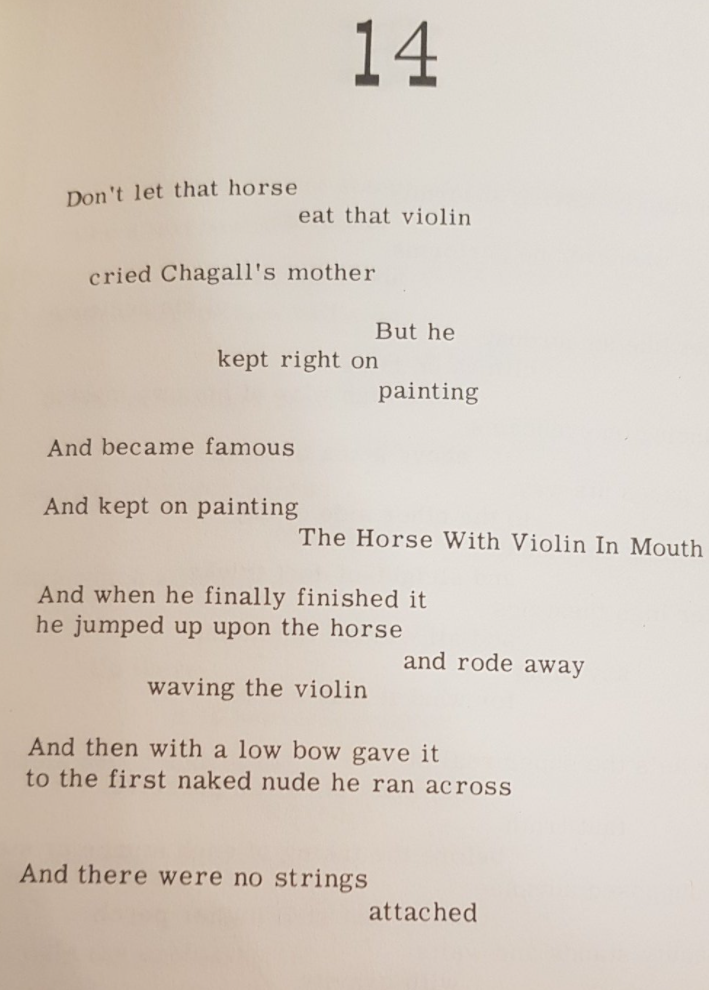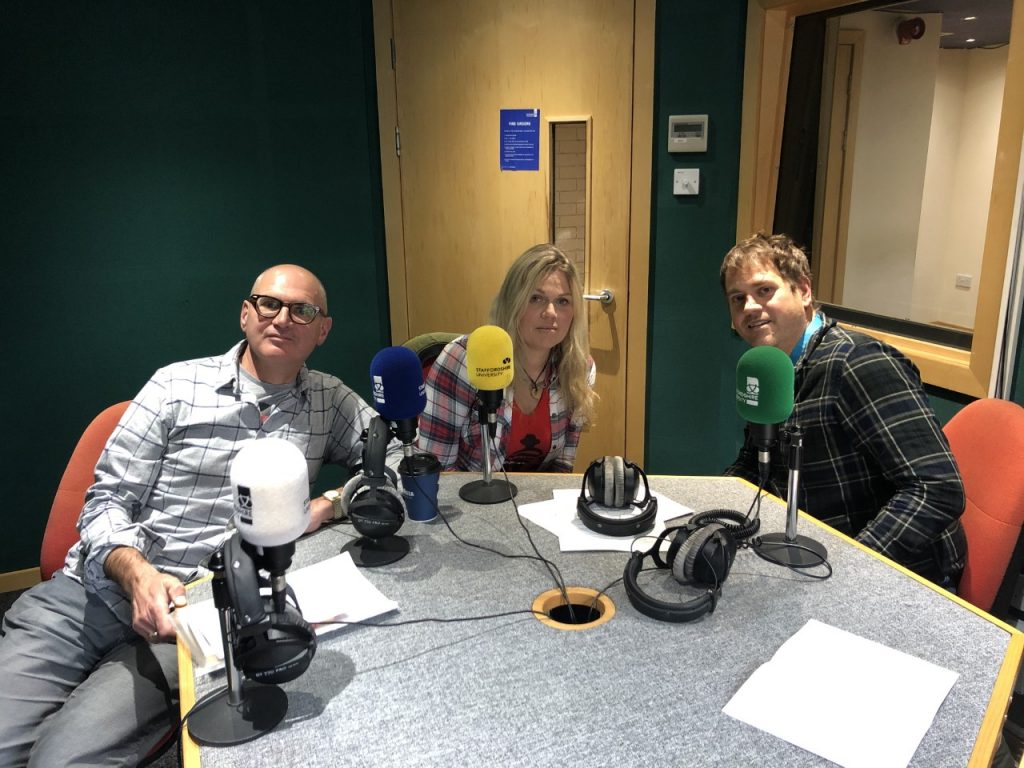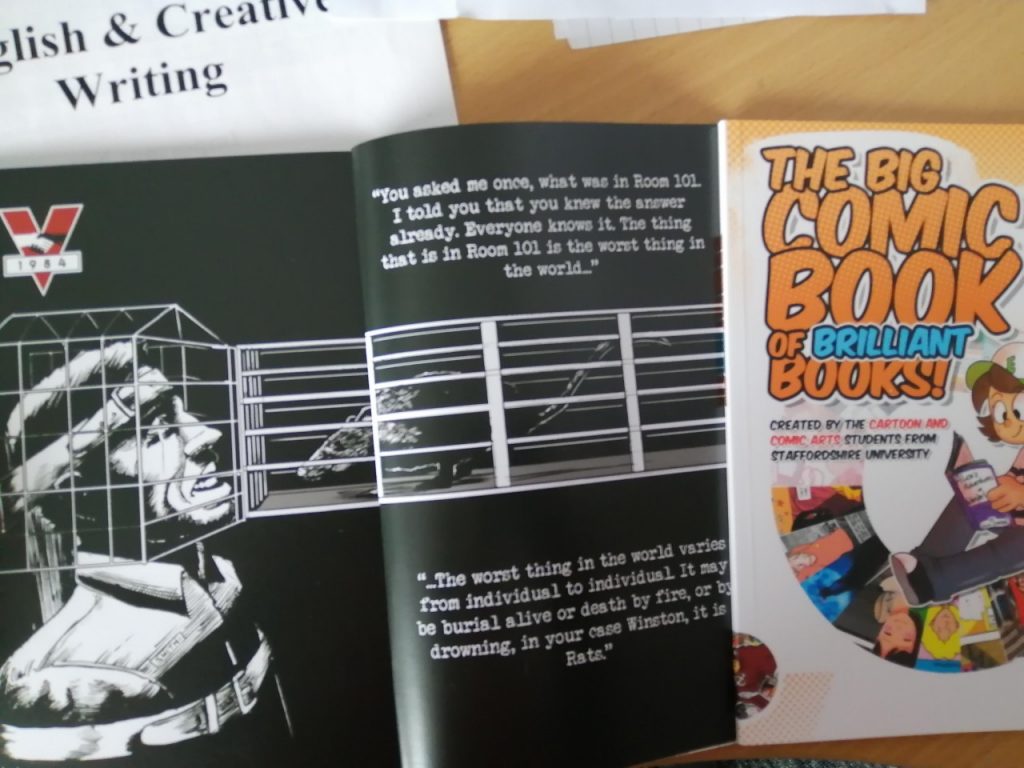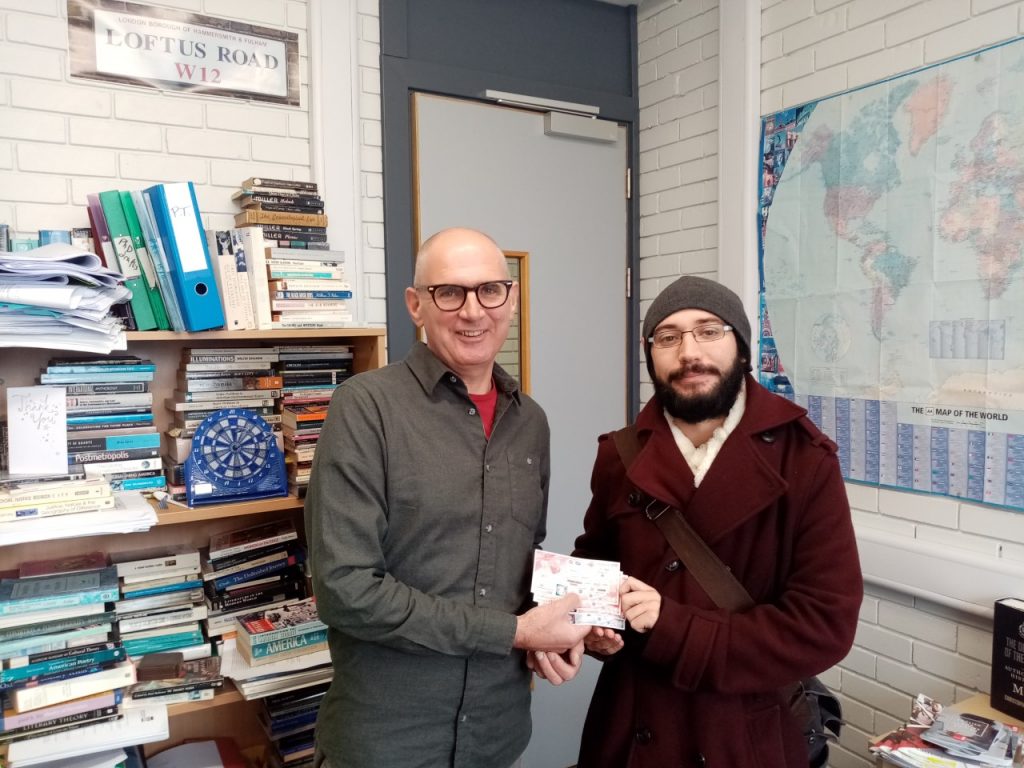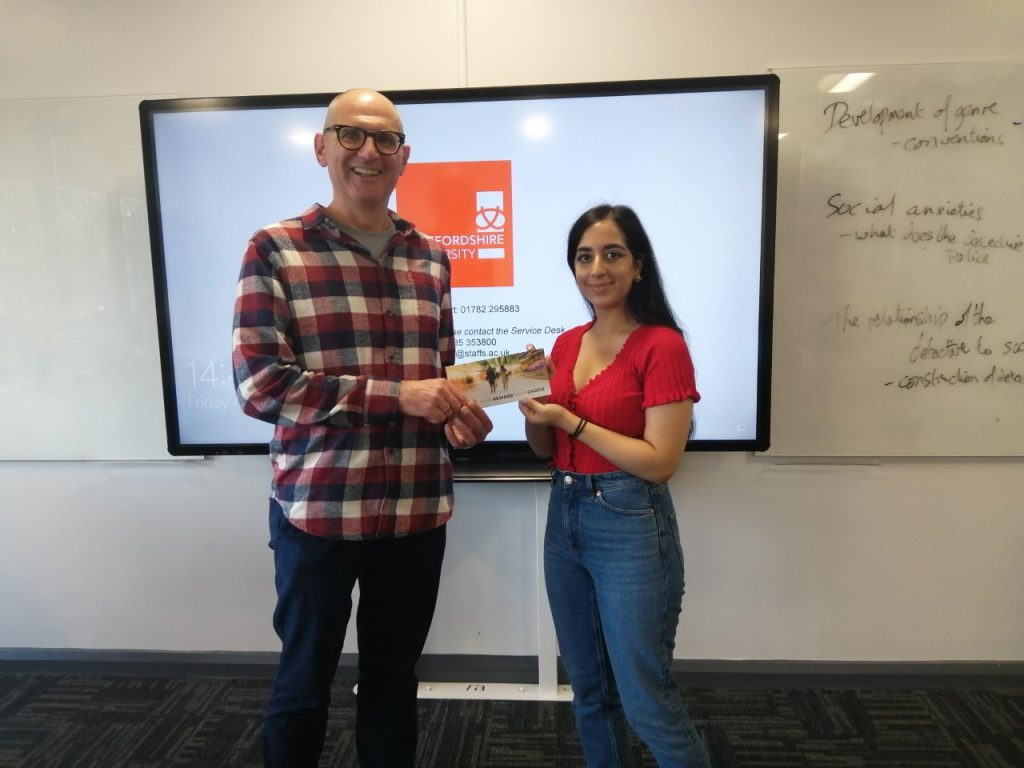
Today is the 200th anniversary of the French poet, Charles Baudelaire – a poet associated with the emergence of literary modernism and the figure of the urban wanderer; the flaneur.
The flâneur is the prime urban walker and recorder in literature. The flâneur’s impression of the city is formed through walking and is thus shaped at street level, through the confusion and immediacy of the urban sensual phenomena of the crowd. From the crowd emerge the individual ‘urban types’ that populate Baudelaire’s Les Fleurs du Mal (1857). Baudelaire’s poetry is that of the flâneur (along with other marginal figures), who has, in some form, inhabited the city in literature since Edgar Allan Poe. One of the most famous statements on modernity and the modern metropolis is in Baudelaire’s essay on the artist Constantin Guys in ‘The Painter of Modern Life’: ‘modernity is the transitory, the fugitive, the contingent; it is one half of art, the other half being the eternal and the immutable’.
Baudelaire isolates the ragpicker and the flâneur (along with the prostitute) as types with whom he associates himself as a poet. The ragpicker is the epitome of human misery in the city, collecting rags to be used in industrial processes. The affinity between the ragpicker and the poet arises from a coincidence of activity – as Baudelaire also sees himself collecting social refuse from the city street and fashioning it into a precarious living.
Baudelaire’s flâneur occupies a very particular time and place and is of a class that is able to indulge in strolling as a pastime. His arena is initially that of the boulevards, but with the advent of the arcades he finds his perfect environment. Here he can be an observer, and a peruser of the commodities in the arcades, as well as a commodity spectacle to be observed. He is a man, according to the 20th century critic Walter Benjamin, who goes ‘botanizing on the asphalt’ and who is at home in the street.
Baudelaire’s poem ‘To a Passer-by’ invests the crowd with a potential to offer exciting but fleeting metropolitan encounters. The poet describes a brief and anonymous encounter with a beautiful widow who is borne to him and away from him by the crowd.
To a Passer-By
The street
about me roared with a deafening sound.
Tall, slender, in heavy mourning, majestic grief,
A woman passed, with a glittering hand
Raising, swinging the hem and flounces of her skirt;
Agile and
graceful, her leg was like a statue’s.
Tense as in a delirium, I drank
From her eyes, pale sky where tempests germinate,
The sweetness that enthralls and the pleasure that kills.
A lightning
flash… then night! Fleeting beauty
By whose glance I was suddenly reborn,
Will I see you no more before eternity?
Elsewhere,
far, far from here! too late! never perhaps!
For I know not where you fled, you know not where I go,
O you whom I would have loved, O you who knew it!
William Aggeler, The Flowers of Evil (Fresno, CA: Academy Library Guild, 1954)
‘What this sonnet communicates is simply this:’ Benjamin writes, ‘far from experiencing the crowd as an opposed, antagonistic element, this very crowd brings to the city dweller the figure that fascinates. The delight of the urban poet is love – not at first sight, but at last sight’. The way in which the crowd conveys this mysterious beauty to the gaze of the poet illustrates both the anonymity and the fascination of the crowd. However, Baudelaire’s attitude to the crowd as ambivalent. It is Baudelaire’s very status as a poet that prevents him becoming fully immersed in the city; both his class position and his professed role as dispassionate observer must separate him from the mass.
The complexity of an environment emerging from these conditions requires a mode of expression equal to its volatility. Consequently, Baudelaire’s poetic project was to create a prose adequate to the metropolis of his age. Baudelaire as a poet, seeks an urban poetics adequate to both the rational and the phantasmagorical elements of urban experience. In an echo of the two parts that constitute modernity, he wrote of his own poetry:
Who among us has not dreamt, in moments of ambition, of the miracle of a poetic prose, musical without rhythm and without rhyme, supple and staccato enough to adapt to the lyrical stirrings of the soul, the undulations of dreams, and the sudden leaps of consciousness. This obsessive idea is above all a child of the experience of giant cities, of the intersecting of their myriad relations.
What Baudelaire seeks is a mode of representation that engages with the eternal and (seemingly) immutable physical metropolis in terms which at the same time are able to capture the ephemeral and fugitive interrelations he finds so compelling.

